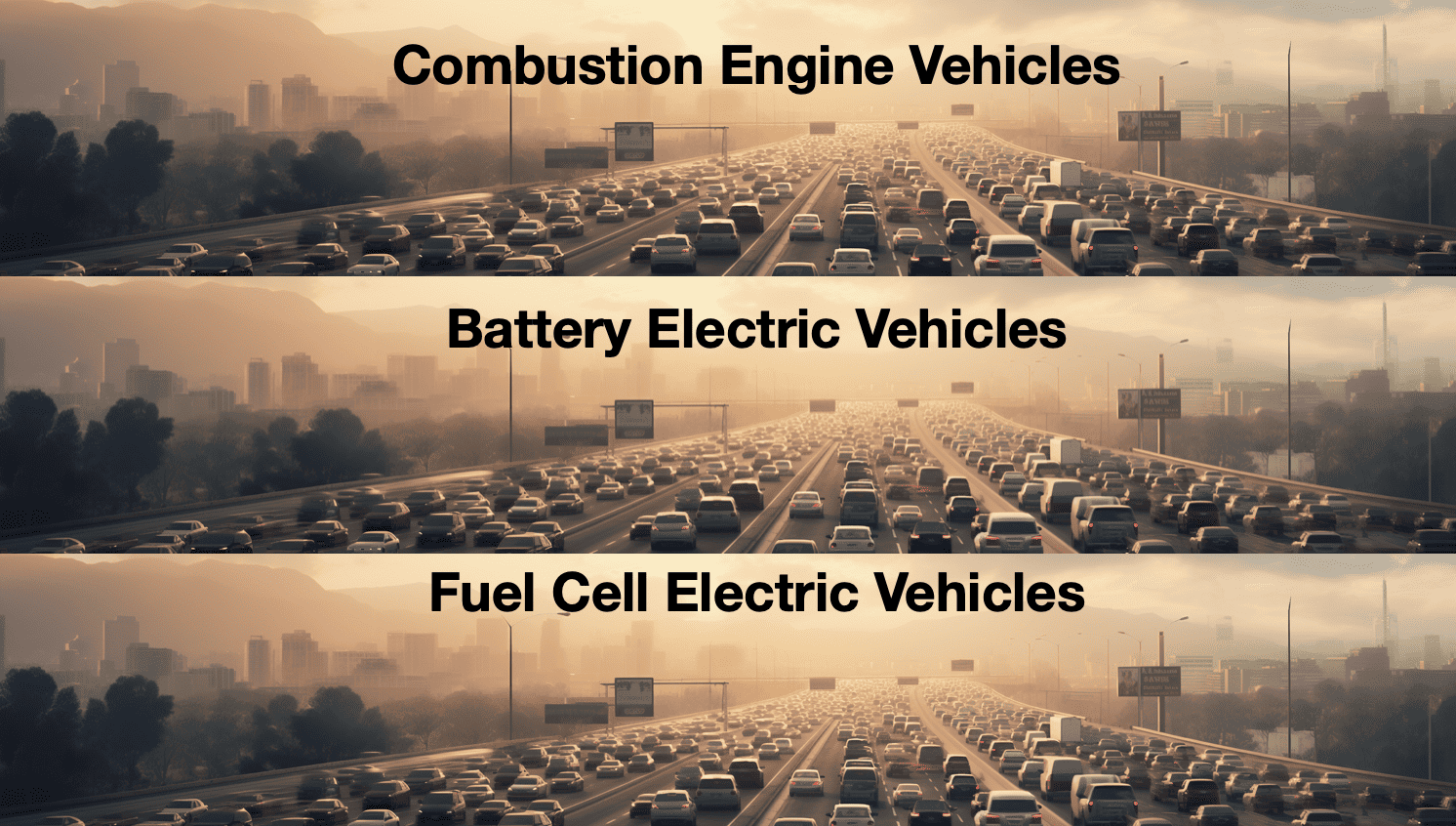
The professor sat at a table at the foot of the Eiffel Tower. He had just taken part in a discussion on artificial intelligence. The Eiffel Tower was artificial, as was Venice that was a little further down the road. This was Las Vegas.
His table companion had given him a business card that stated “Cyber-revolutionary”. He was actually a Venture Capitalist as he had explained, but that was a title almost everyone put on their cards these days. Revolutionary fitted him much better. And if the professor had a preformed image of a revolutionary, then that was undoubtedly based on the old world. The professor had noticed that the man frequently referred to an old and a new world. But that’s just something all revolutionaries tend to do.
This revolutionary had been to Venice, but he thought it was dirty and it smelled bad too. In ‘Las Venice’ on the other hand, everything runs as it is supposed to and the water in the canal is clear and clean. The man had used this as a metaphor in the panel discussion about the future.
“Commercial companies shape the future, not governments. Politics revolves around short-term interests,” he had declared, and “Politicians have no vision and are fundamentally very insecure creatures!” It had earned him applause from the audience.
The professor had suggested that when you put your hand against a wall in Venice and close your eyes, you feel a connection with an age-old culture. And that that can’t be fabricated.
“My God, I’m so over that!!” the man cried out, stretching his hands out to heaven. That’s precisely why you Europeans can’t innovate like we can. That constant gushing on about tradition. In ten years’ time, we’ll tear down Las Venice and build something new! That’s really what innovation is all about.”
So now there were just the two of them sitting at the table. The professor and the revolutionary, in the middle of the desert, next to Venice and under an Eiffel Tower.
“Imagine a world where those in power are not chosen by uninformed people who slavishly watch state television, but instead are established on the basis of the value that they add to society,” said the revolutionary, ‘Businesses add a value that people are willing to pay for. When this value lapses, the company disappears of its own accord.”
“The principle of the free market economy,” said the professor, “it’s as old as Venice.”
“But,” the revolutionary said, ‘in the history of the world, products have never been as scalable as they are now. This results in transformation that exceeds the gross national product of most countries.”
On the plane the professor had read that the annual turnover generated by Silicon Valley was as high as the gross national product of the richest country in the world. And he had thought about the implications of this during the rest of his flight.
“So,” the revolutionary summed up, “we have the money, the knowledge and the potential to transform the world. With new rules. That’s the shift that’s underway!” In order to add weight to his words, he tapped his fingers loudly on the marble table top. Artificial marble.
“Slow, bureaucratic 19th-century governments can’t keep up with us anymore,” he continued. “More importantly, they can’t stop us anymore! Mark my words: the battle for the future will take place between major corporations, and not between governments.”
The revolutionary left a hundred dollar note on the table and said: ‘Good talk! Nice meeting you professor, take care!”
When the professor walked back to his hotel, past the Doge’s Palace and over the Rialto bridge, he felt overcome by sadness. Not because he was walking through a copy of the old world, but because he feared that this was the image of the new world.
About this column:
In a weekly column, written alternately by Tessie Hartjes, Floris Beemster, Bert Overlack, Mary Fiers, Peter de Kock, Eveline van Zeeland, Lucien Engelen, Jan Wouters, Katleen Gabriels and Auke Hoekstra, Innovation Origins tries to figure out what the future will look like. These columnists, occasionally joined by guest bloggers, are all working in their own way on solutions to the problems of our time. So that tomorrow is good. Here are all the previous articles.








